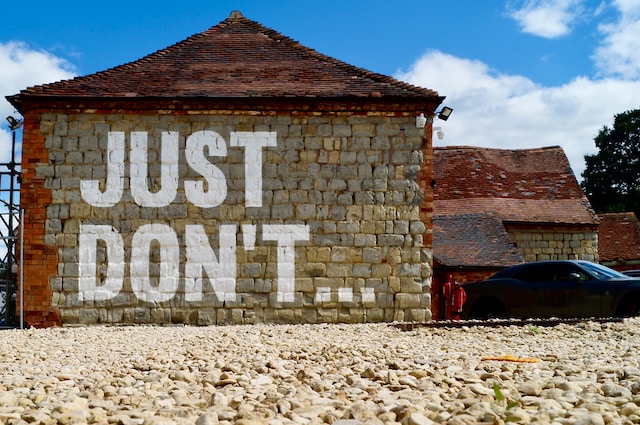Learning How to Say “No” in Recovery
As someone in recovery from a substance misuse disorder, you will learn about the importance of setting boundaries early on.
In an alcohol or drug rehab, it’s not as difficult to resist the temptation to relapse since being in rehab offers separation from the outside world and, consequently, the people, places, things, and situations that would tempt a person to use.
Individuals who return home from rehab and quickly begin to experience temptation to return to alcohol and/or drug use should try to focus on ways to resist. Specifically, one would need to learn to say no in these situations:
Being “Too Nice” Isn’t Worth the Risk
Some people find it challenging to turn others down.
When they’re asked for favors or to do things they don’t want to do, they feel they must agree or else they’ll risk offending the other person or cause the person to become angry or want to end the relationship.
It’s often because of insecurity that a person doesn’t want to decline others’ requests, but when it comes to someone in recovery’s sobriety, being “too nice” means sacrificing newfound sobriety.
It’s just not worth the risk. As such, it’s important for such individuals to learn how to be able to turn others down while being respectful and courteous.


Don’t Apologize
As mentioned before, it’s important to be respectful and courteous when declining a person’s request or offer as this is how to ensure that one doesn’t offend the other person by saying no.
However, a person who has politely declined another’s request or offer should also resist the urge to apologize.
By apologizing, a person is expressing regret and hesitance, which gives the impression that the person could be easily coerced into doing what they had previously declined. Therefore, don’t apologize for feeling that it’s in your best interest to say no.
Practice
Just about anyone has heard the expression “practice makes perfect,” and that could similarly be said for saying no to self-destructive things and situations.
A person who needs to practice saying no will find there are many opportunities in a day to decline something that the person dislikes or doesn’t want to do.
It would be a good idea to ask one’s loved ones for help with this, too.


Always Be Aware of Your Priorities
After completing a treatment program, the recovery process isn’t over. A person must continue to remain focused on abstinence and remaining sober.
Fortunately, recovery gets easier with time, but it still requires a person to have an ongoing awareness of his or her priorities.
This awareness of priorities is going to essentially be the reason why a person says “no”.
Remember: Time is a Non-renewable Commodity
When we’re young, we feel like we have all the time in the world. Then we develop addictions and spend years or even decades abusing alcohol or drugs on a daily basis.
It’s after beginning the recovery process that a person is likely to start thinking about the time that has been lost to active addiction.
Once a person begins to feel cravings or is offered alcohol or drugs, they begin to forget about how being in active addiction is tantamount to a sacrifice of time.
As such, one should remember that time is a non-renewable commodity. One should learn to say “no” to keep from sacrificing any more time to the disease of addiction.


Take Time to Think Things Through
Making an informed decision can sometimes be quite quick, taking little time for a person to consider all the variables and choose the right solution.
However, there are inevitably going to be many situations in which making a decision isn’t so obvious.
In these instances, it’s important to take the time to think through both or every option thoroughly.
It may be difficult when cravings or temptation are a factor, but when a person in recovery considers a situation objectively, it may be easier to say no if that is, in fact, the best response.